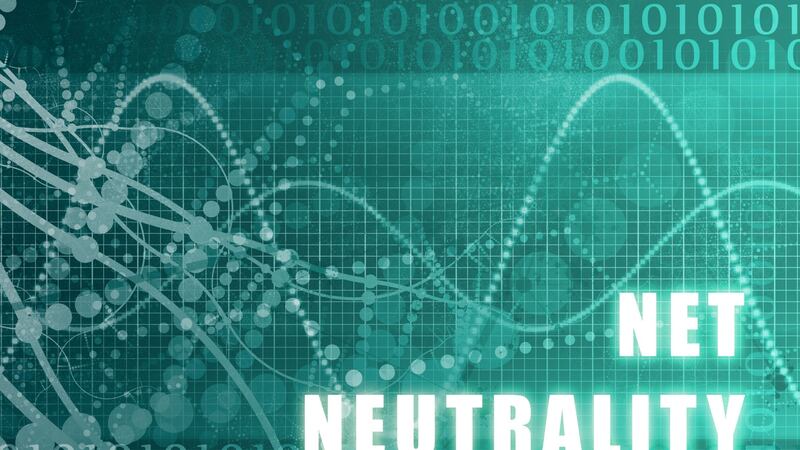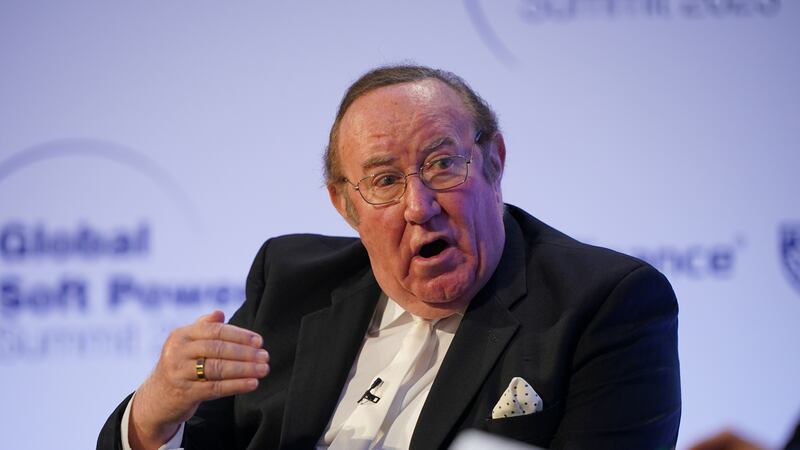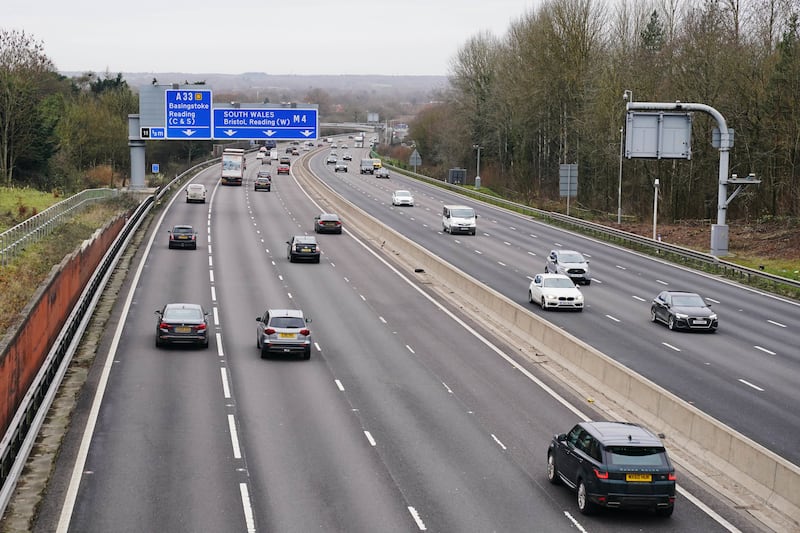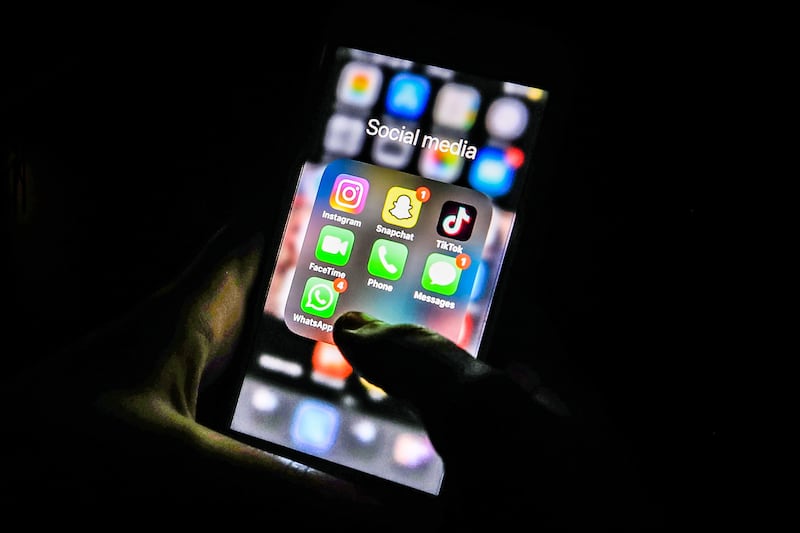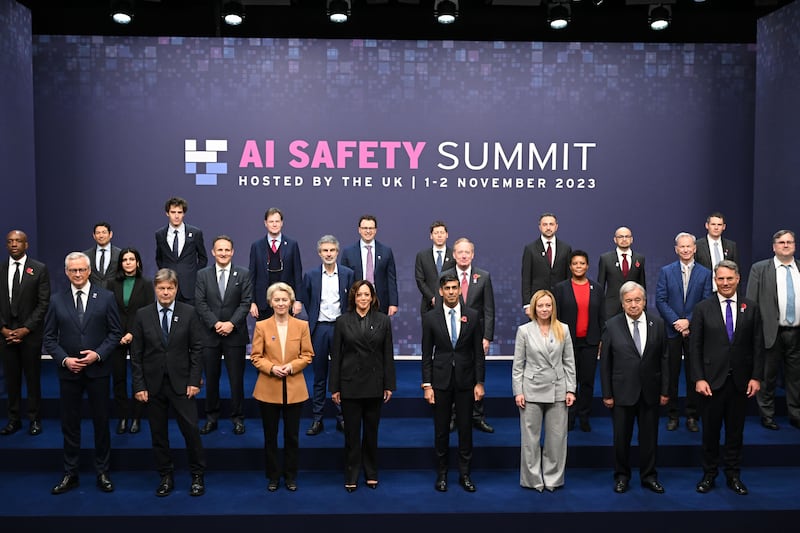What is net neutrality?
RED ALERT! The @FCC wants to let Comcast and AT&T control everything you see and do online. Stop them: https://t.co/Db0IwvOyRe RETWEET! pic.twitter.com/sEbTGHBcvw
— Fight for the Future (@fightfortheftr) July 12, 2017
Net neutrality is the catch-all phrase to talk about the web being impartial. It means that data is treated the same no matter what it is relaying from company to customer or the size of the company.
Rules in the US established that internet service providers (ISPs) should not slow down, block or charge more for certain websites to be displayed faster.
The rules, brought in by the Federal Communications Commission (FCC), stop ISPs from offering data “fast lanes” for companies or users which pay up and “slow lanes” for every one else.
However, there’s now a move by the FCC to repeal the rules, much to the exasperation of web users and technology companies.
What would a world without net neutrality look like?
Stand up for #NetNeutrality pic.twitter.com/yq7L1eBRB9
— The WEDA Coalition (@DaPeaple) July 12, 2017
The fear is that without the rules big companies with established user bases would become even more dominant because they would reluctantly pay to ensure services were accessible.
Supporters say there would be more buffering, blocking, censorship and extra fees, if the rules were repealed.
If Net Neutrality rules are repealed, it could mean a lot more loading spinners.
Help take action at https://t.co/8ILRZBrB7R pic.twitter.com/8FMevmqlrC
— Twitch (@Twitch) July 12, 2017
“No one – regardless of their political affiliation – wants their cable company to control what they can see and do on the internet, or to charge extra fees to access the content they want,” said Evan Greer, from Fight For The Future, one of the groups supporting net neutrality.
“The internet has given more people a voice than ever before, and that transformative power is worth fighting for.”
In addition, they argue it would be harder for new companies to get a foot in the door and reach potential customers because they would be stuck in the “slow lane” without significant funding to pay the ISPs. Consumers would get a worse customer experience.
Reddit's logo now shows the effects of Net Neutrality being repealed. Don't let ISPs do this. #NetNeutrality pic.twitter.com/M3zzzh0Vfc
— Corgii (@IAmCorgii) July 12, 2017
Without the level playing field, innovation and entrepreneurship would be crippled, supporters of net neutrality say. The big companies could censor people and perspectives online.
Why is it in the news now?
It begins! @Reddit, @Airbnb, @Netflix and others began asking users to help save #NetNeutrality at the stroke of midnight! pic.twitter.com/8WyAibztbG
— Fight for the Future (@fightfortheftr) July 12, 2017
July 12 has been assigned as Net Neutrality Day in response to the possible FCC backtrack. A day of action is taking place to make more people aware of the FCC proposals and the implications.
It is backed by campaigner groups Fight For The Future, Internet Association and some high-profile technology companies. Facebook, Netflix, Amazon, Google, Twitter, Mozilla, Reddit, Snapchat, Dropbox, Airbnb, Vimeo and more besides are all supporting it.
What are supporters of net neutrality doing?
Whatifthe Internetwas so slowit loadedonewordat atime—exceptonsitesthat paid off yourISP?#netneutrality
— Nicholas Thompson (@nxthompson) July 12, 2017
In the US, websites are showing banners and messages reiterating the importance of net neutrality. The hope is that their voice will be heard in Washington DC.
Champions are organising mass protest letters and signatures to be sent to the FCC to sway opinion and keep a free and open web.
We have over 40,000 comments supporting #netneutrality & we're reading them live, right now. Make your voice heard: https://t.co/ODDt1l6JEU pic.twitter.com/33mA6Vo44n
— Mozilla (@mozilla) July 11, 2017
